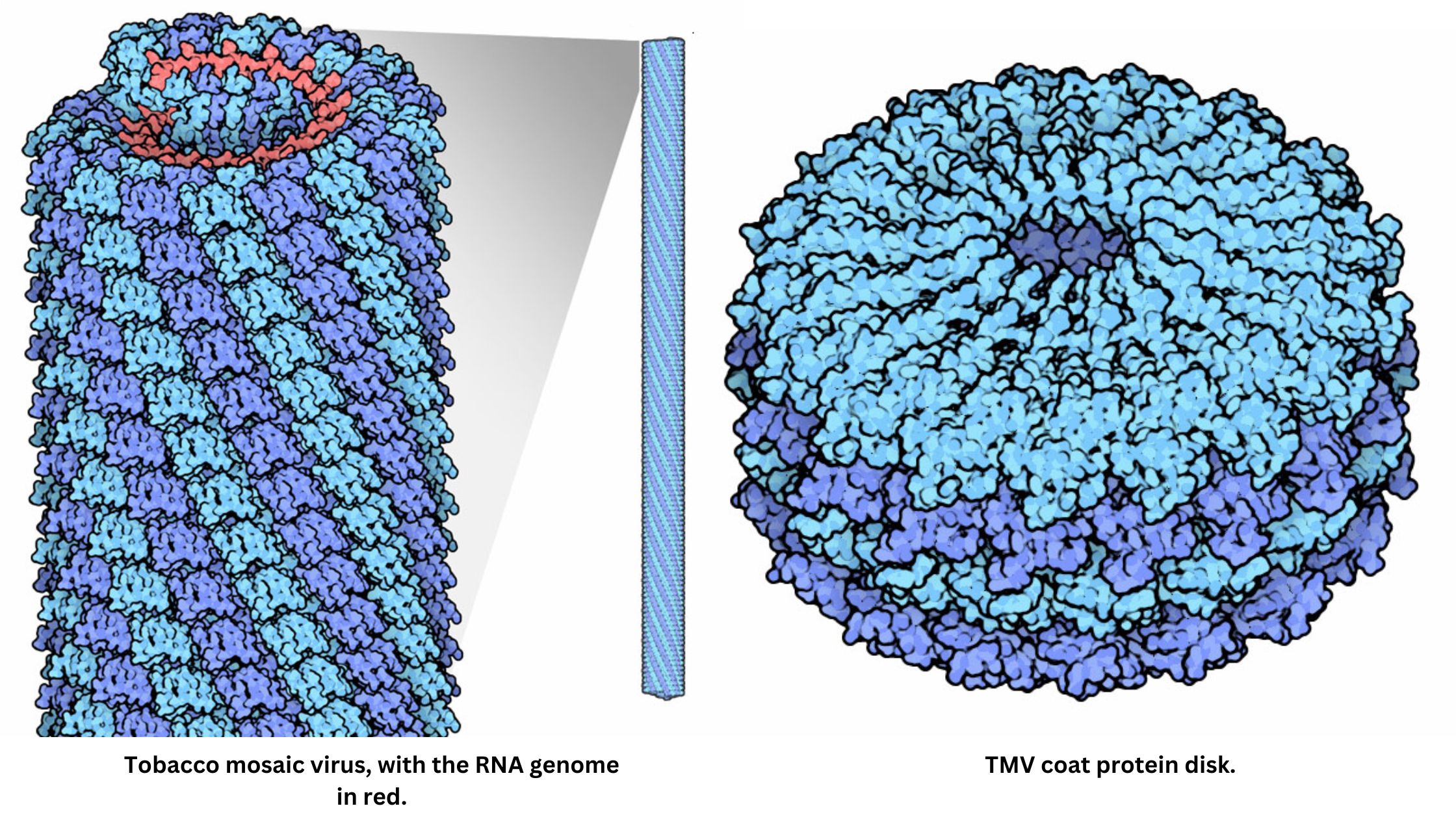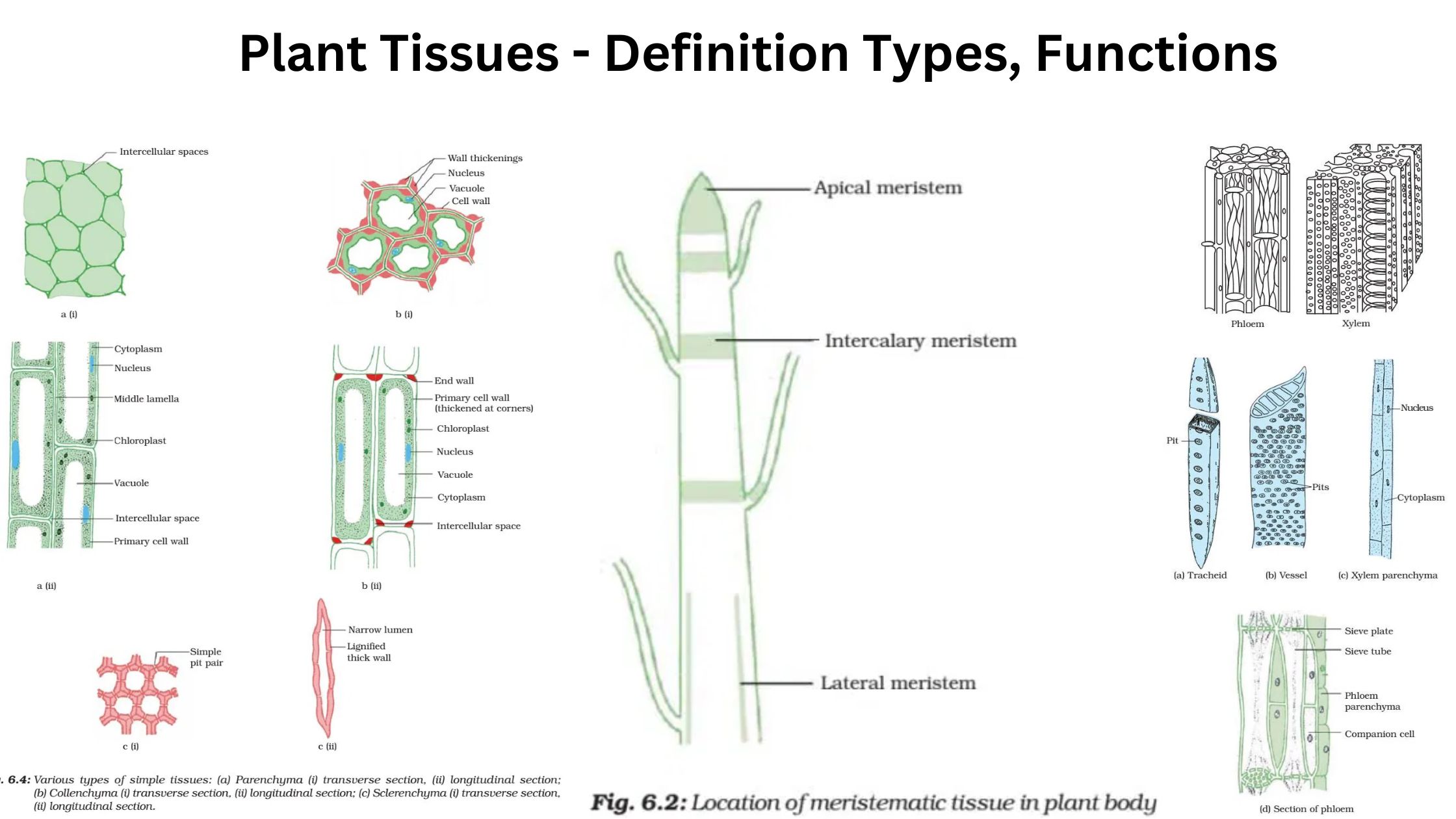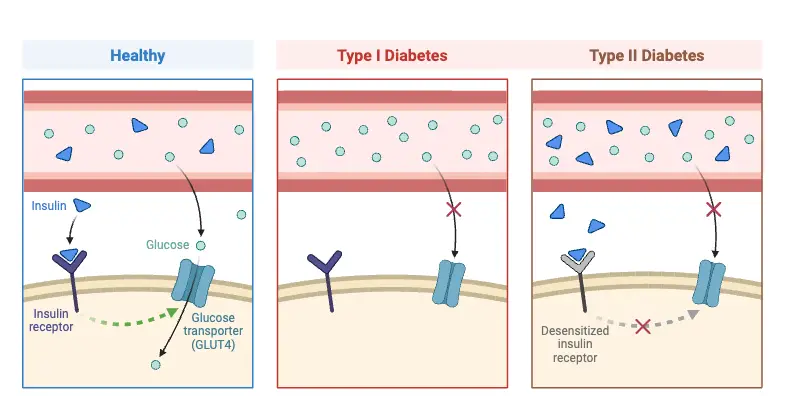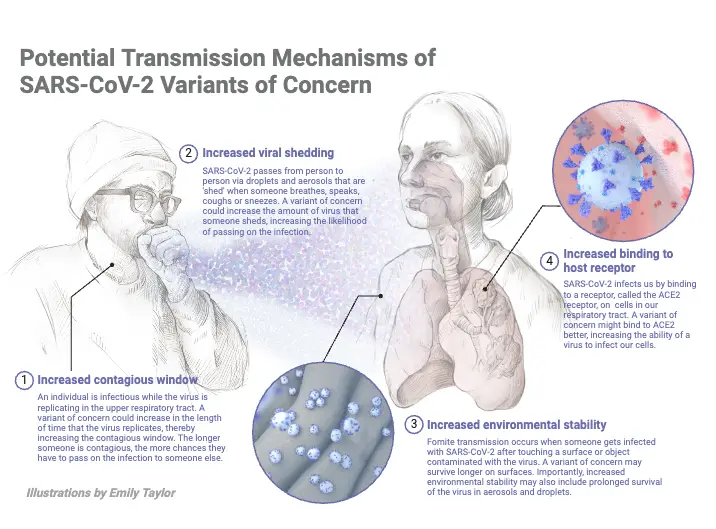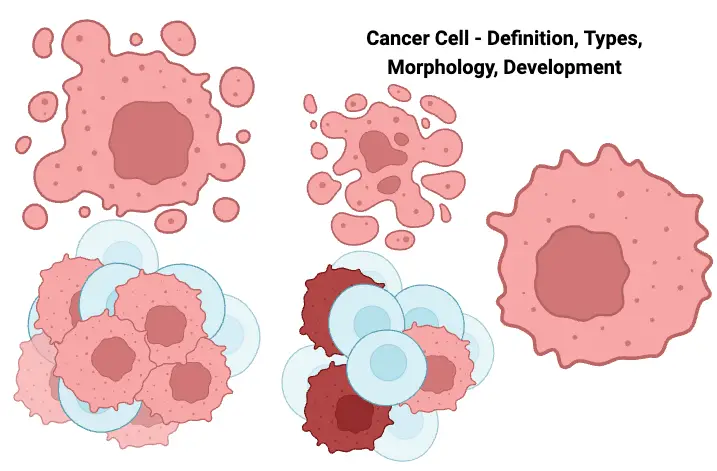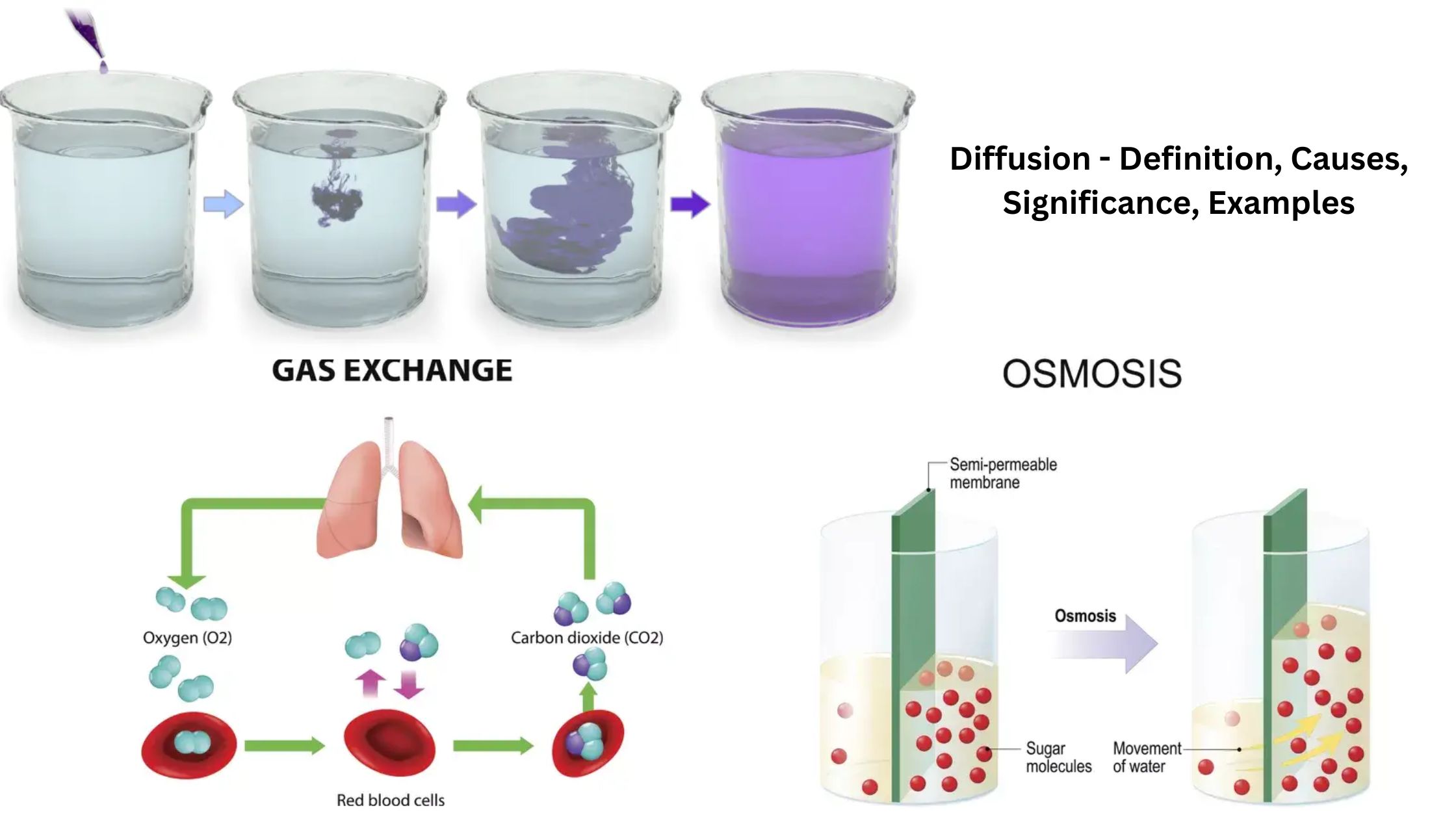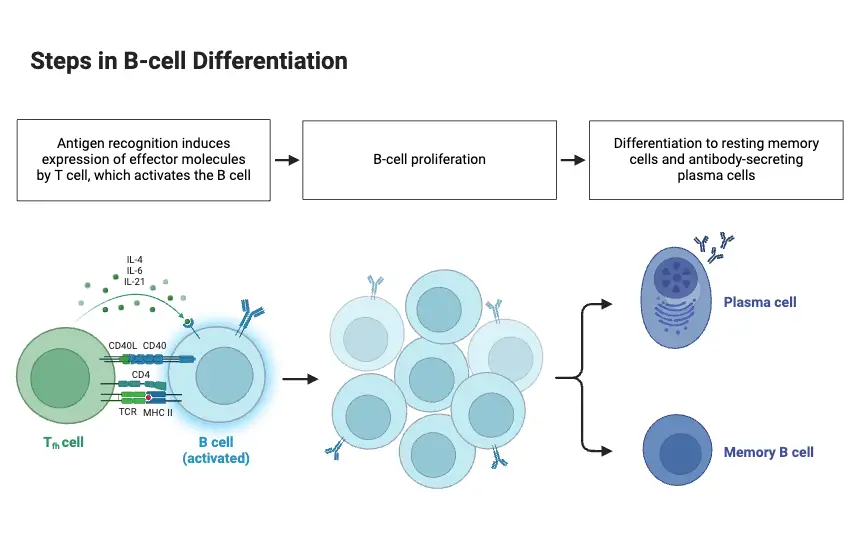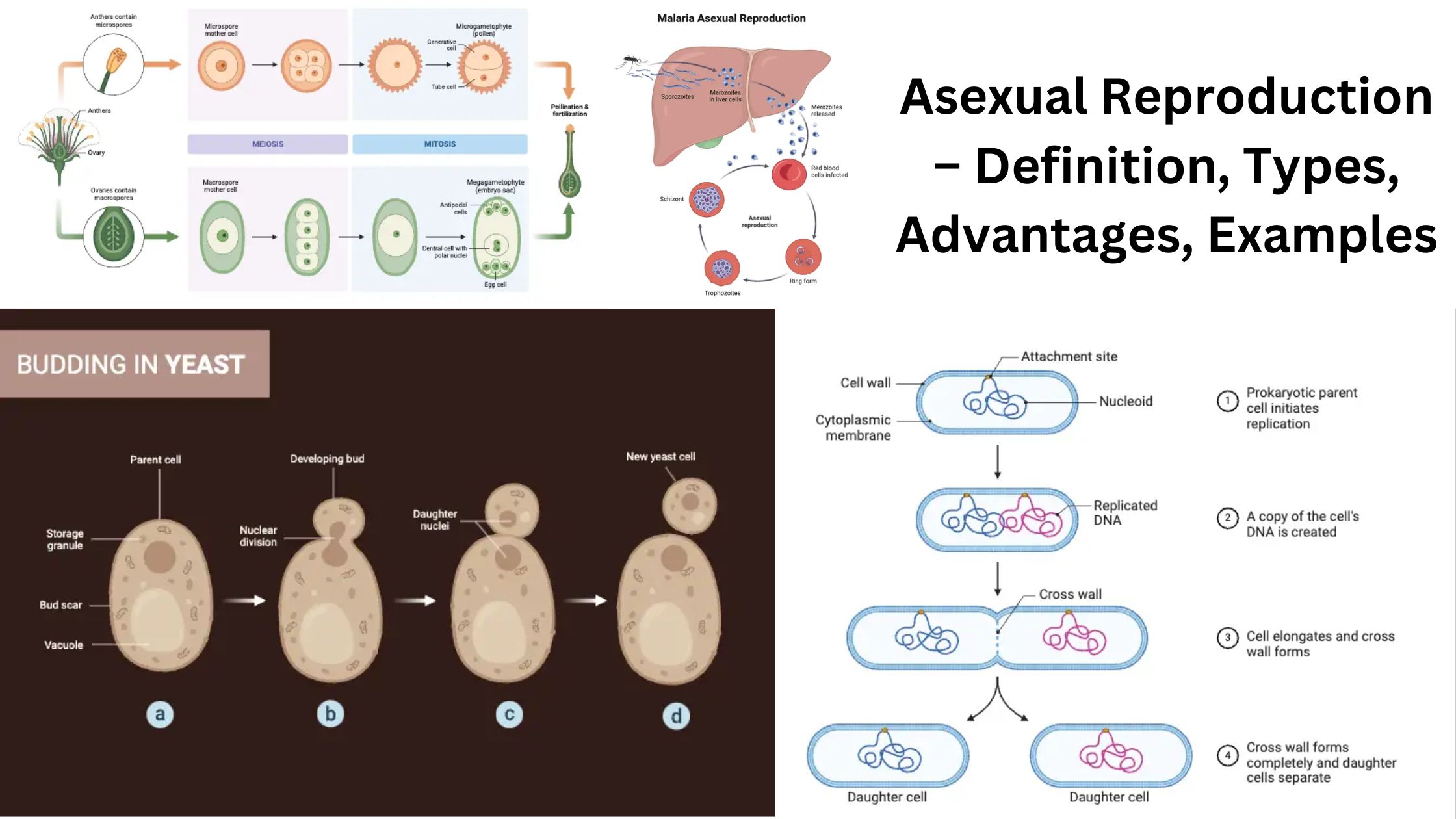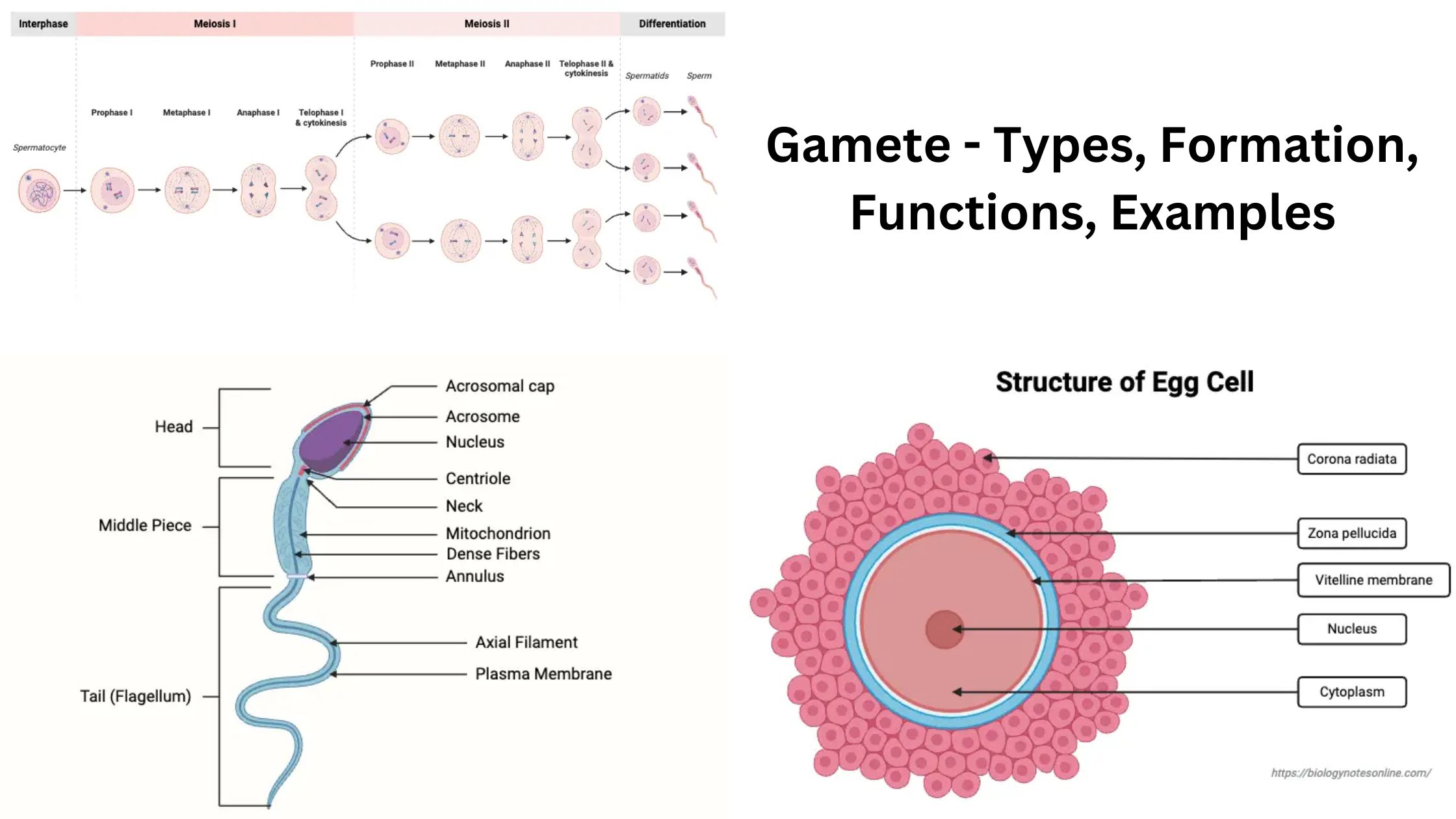Tobacco mosaic virus (TMV) – Structure, Life cycle, Infection, Treatment
What is Tobacco mosaic virus (TMV)? Characteristics of Tobacco Mosaic Virus (TMV) TMV has a range of distinctive features that set it apart as a widespread and resilient plant virus, impacting several economically important crops, especially within the Solanaceae family. TMV’s combination of durability, wide host range, and ease of spread underscores the importance of … Read more
